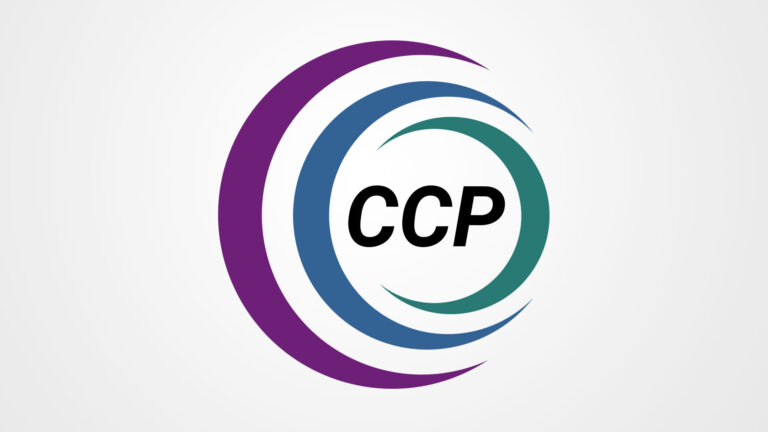
Council held a regularly scheduled meeting on March 6-7, 2024. Following are highlights from Council’s deliberations.
Artificial intelligence
Dr. Ross Mitchell, professor in the Department of Medicine at the University of Alberta and the Senior Program Director of Artificial Intelligence Adoption with Alberta Health Services, presented to Council about artificial intelligence (AI) in health care, including key considerations for regulators. Dr. Mitchell addressed
- what artificial intelligence is, its evolution, and how it is generated;
- the current context of AI in health care, and its projected growth;
- opportunities and risks that AI may introduce in the delivery of health care; and,
- AI considerations for Council when developing policy, standards, and addressing our Code of Ethics.
AI will continue to evolve, as will its value and purpose. There is a need for regulators to come together and deliberate ethical considerations and standards important to the appropriate and effective use of AI in advancing patient care.
Rules for the pharmacy Licensee Education Program
In 2020, the Licensee Education Program (LEP) was launched to support pharmacy licensees understand their responsibilities. The LEP brought to life the leadership expected of licensees using the Professionalism Framework as a foundation to describe the behaviours and attributes of successful licensees. Additionally, it has been observed that proprietors lack consistent understanding about their responsibilities, especially as they relate to supporting licensees to successfully lead their pharmacy teams. A proprietor self assessment was launched to bring awareness to areas where a proprietor may need to seek more information to clearly understand their role and responsibilities.
The first version of the LEP was well accepted by regulated members. Through our strategic plan, ACP committed to enhancing the LEP. Further, the Pharmacy and Drug Regulation was amended to authorize Council to prescribe learning for proprietors. The new program has restructured information into three modules:
- Licensee Fundamentals,
- Licensee Development, and
- Proprietors Education Program.
Council approved new policies for the LEP. Watch The Link for more information about the new policies and implementation of the new program.
Language proficiency standards
Section 44.3 of ACP’s bylaws require that “An applicant must provide evidence to the Registrar that they have demonstrated proficiency in the English language to engage competently and safely in the practice of pharmacists or pharmacy technicians, which may include attaining the minimum score on one of the English language proficiency tests approved by the National Association of Pharmacy Regulatory Authorities.”
Since the mid-2000s, ACP has adhered to the requirements outlined in the National Association of Pharmacy Regulatory Authorities (NAPRA) policy for demonstrating language proficiency for those seeking registration. Upon pharmacy technicians becoming regulated, language proficiency standards were established for them, which differed from those for pharmacists.
There has been a national need to review and bring the language proficiency standards up to date, taking into consideration new roles that pharmacists and pharmacy technicians have accepted. NAPRA adopted a new Language Proficiency Policy and Council was requested to approve and adopt this for the purpose of section 44.3 of ACP’s bylaws.
Council approved the adoption of NAPRA’s amended language proficiency requirement policy. ACP is working with other provinces to facilitate a common approach to implementation. Watch The Link for information about implementation of the new policy.
Continuing Competence Programs: strategic direction
The Continuing Competence Programs (CCPs) support pharmacists and pharmacy technicians in maintaining their competence. By identifying appropriate learning activities and implementing that learning into practice, regulated members can continually build their competence and confidence to assure themselves, their patients, and their healthcare colleagues that they are providing quality care throughout their careers.
ACP’s strategic plan for 2021-25 outlines a need for a new component of the CCPs: a program that supports practice improvement of regulated members who demonstrate practice or competence deficiencies. This program, called the Practice Improvement Program (PIP), aims to support regulated members who are prescribed practice improvement to demonstrate competence by consistently meeting the standards of practice and Code of Ethics to better support the health and well-being of their patients. Council approved the addition of the PIP to the current CCPs and it launched in 2022.
Further considerations for the CCPs were also contemplated by Council, since the current structure of the CCPs have been in place since 2013. Council considered why modifications to the programs were needed, including information from the program evaluation, an environmental scan, and a literature review.
In their consideration, Council reviewed
- a modified model for the CCPs that includes the PIP,
- the need for the tenets of professionalism to have a more prominent role in the CCPs,
- a shift to focus from auditing records to providing more purposeful feedback to regulated members that supports their professional learning and practice improvement, and
- learnings from the early experiences of the PIP to inform structures for the CCPs.
Council was supportive of the proposed modifications. Next steps include further development of new models, including revising the Standards of Practice for Continuing Competence.
Succession planning: appointment of search firm to support the search for and selection of a new registrar
One of the first responsibilities of the Succession Planning Committee is to recommend a search firm to Council that is determined best able to support the committee in the search and selection of a new registrar. The Succession Planning Committee issued a request for proposals, and upon considering responses received, recommended that Council approve DHR Global as the preferred service provider. DHR is a Calgary-based firm with a long-standing reputation for work in the field of regulated health professions.




